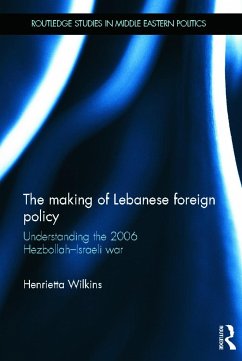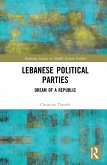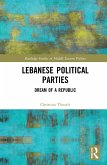Seeking to explain Lebanon's behavior in the international arena during the 2006 war between Hezbollah and Israel, this book offers a critique of both systemic and sub state factors in determining foreign policy decisions. The Making of Lebanese Foreign Policy illustrates how systemic theories are limited in terms of explaining foreign policy decisions because they largely ignore the role of internal, or sub state, factors. Within Lebanon, foreign policy is split between the interests of different internal Lebanese groups working in alliance with external actors. The competing interests of these internal groups compromise the cohesion of the Lebanese state and its capacity to promote its own interests above those of the different internal groups. The example of Lebanon during the 2006 war thus demonstrates the importance of these sub state factors in influencing state behaviour on an international level. Arguing that a more pluralistic approach is necessary in order to understand the conditions that affect the foreign policy making of the Lebanese state, this book fills an important gap in the literature on the topic and will be of interest to students of International Relations, Middle East Studies and Islamic Studies amongst others.
Hinweis: Dieser Artikel kann nur an eine deutsche Lieferadresse ausgeliefert werden.
Hinweis: Dieser Artikel kann nur an eine deutsche Lieferadresse ausgeliefert werden.








